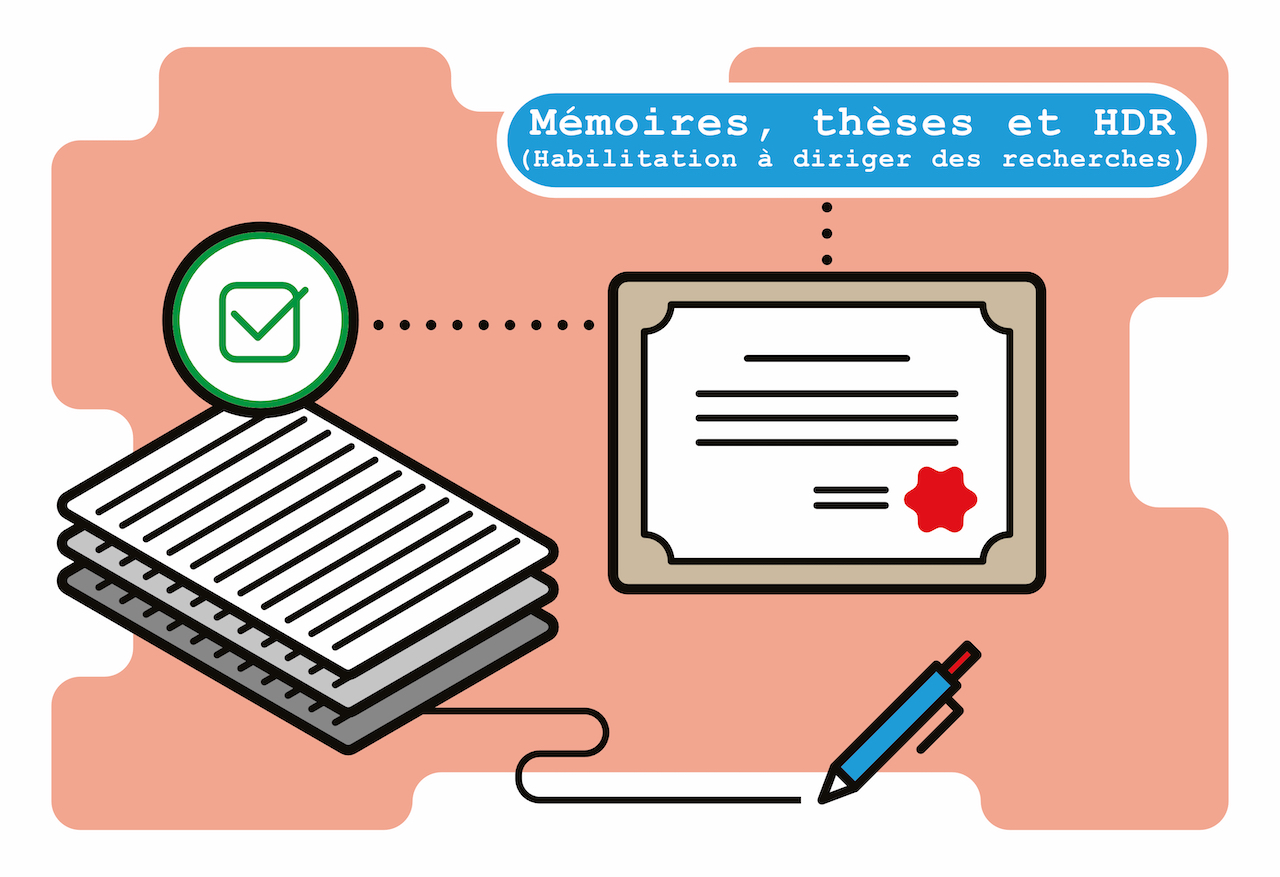Ce travail de thèse se donne pour ambition de restituer et d’analyser les trajectoires familiales, sociales et idéologiques d’une centaine de jeunes femmes engagées dans la violence terroriste islamiste depuis le début des années 2010 en France, jusqu’à leur incarcération dans une prison de région parisienne. Comment ont-elles basculé dans le terrorisme ? Quels rôles ont joué les différents processus de socialisation au cours de leur existence ? Peut-on identifier un ou des« moments clefs » à l’origine de cet engagement meurtrier ? Ce travail cherche également à mieux comprendre l’articulation entre action collective et mobilisation individuelle, en mettant l’action sur le rapport intime entre idéologie et constitution de collectifs islamistes – ce qu’on a appelé des « croyances existentielles » pour souligner l’impossibilité de les distinguer. Enfin, le séjour en prison est vécu comme une continuation, voire une confirmation des engagements idéologiques à l’origine de leur passage à l’acte, tant le système d’attitudes vis-à-vis de la société française et du monde occidental en général est marqué par un rapport d’hostilité totale, mettant en doute l’efficacité des mécanismes et procédures de lutte « contre la radicalisation ».
This thesis work, a comparative study of sociological, political and theological issues of modelling the logic of violent action, based on the observation involved, in a total immersion, in the closed-door detention of the Fleury-Merogis women's prison for nearly four years, since November 2015, aims at restoring and analysing the paths of family, social, and ideological of some 100 young women engaged in the islamist terrorist violence from the early 2010s in France to their incarceration at the MAF of Fleury-Merogis. It focuses on three basic reflections: between families and neighbourhood, how to reconsider the first socialization, beyond the inner circles of primary and secondary activities, explaining the biographical versus sociological paths of my characters ? How did they fall into terrorism ? What roles have played the different socialization frameworks that have influenced them in their life ? Is it possible to identify one or several key moments at the origin of this murderous commitment ? First put forward after the criminal attempts of Mohammed Merah in 2012, is the paradigm of sectarian recruitment still valid to describe such a complex phenomenon ? Our second question is about the axiom between collective action and individual mobilization. On September 19th 2016, Ferrielle 16 years old ? A French girl, whose parents were of Algerian origin, was on remand at the MAF of Fleury-Merogis,on suspicion of being a member of a criminal association for the preparation of acts of terrorismon the national territory : « I was interested in politics, then I wanted to do humanitarian work, to adopt a Palestinian...then I said no. I do something here, after I leave – What did you want to do ?- A thing against the enemy. Something like the Brothers in Paris (Bataclan), but with a friend, a girl from Lyon (I am from Lyon) and the Sisters from Paris. We were supposed to meet in a flat, first to plan the thing and take action the next day – It was an action against whom ?- Against the government. They only have to deal with their unemployment and the rising price of milk instead of interfering with others' lives. They are going to shoot people, they're like. The media, they 're talking nonsense. I wanted to see with my own eyes what's going on there, I said wait a minute like we have to go, see what's going on... ». The stories told by these young women remind us of our third question : detention in France, confirmation or redemption ? Is the experience in prison likely to ensure ideological « deradicalization » or, on the contrary, does it strengthen religious convictions previously internalized ? Does this moment in prison play the role of « ideological incubator » then permitting to the most convinced of them to spread their own ideas of Islamthrough out the prison ? Do those prisoners change their ideas about French society during their stay in prison ? Is it possible to infer hypothesis concerning their strength of convictions, taking into account their time of exposure in front of the djihadist ideology and the types of functions performed in Raqqa or Moussoul ? Do those prisoners keep their rigorist conception of Islam inspired by the salafo-wahhabism- or are they moving towards a more intimate and individual conception of their religious faith ? How do these young women react to the control procedures used by the prison administration, when treating this phenomenon ? Are those procedures efficientor are they by passed by the prisoners who have become experts in deciphering the « language games » of specialized institutions ?

